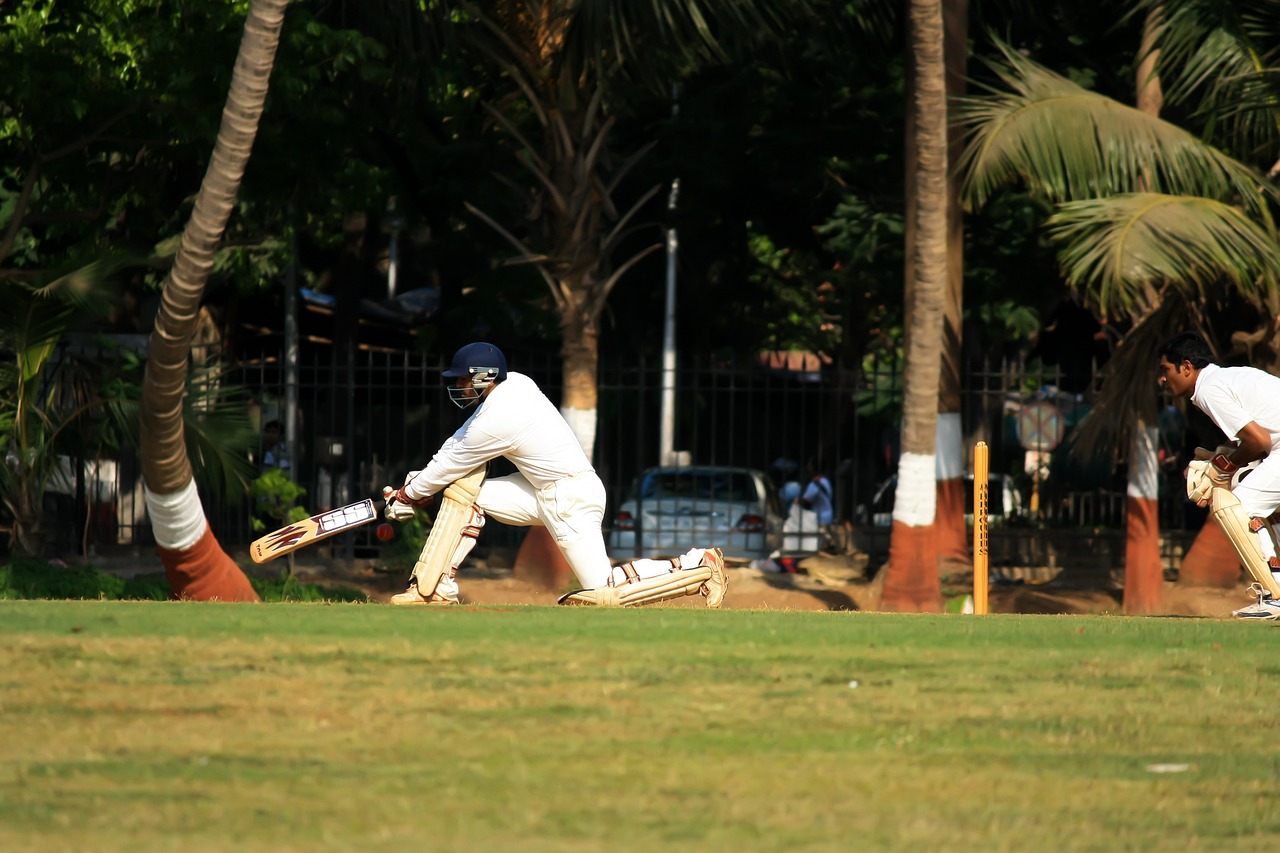Millions of passionate cricket enthusiasts in South Africa may miss out on the excitement of the Proteas Cricket World Cup matches as the South African Broadcasting Corporation (SABC) faces a blackout, following the rejection of sub-licensing offers by rights holder MultiChoice.
The broadcast rights for the Cricket World Cup are under the ownership of the International Cricket Council (ICC). The ICC sold the rights for the Sub-Saharan region directly to MultiChoice’s SuperSport, which is responsible for sub-licensing them to free-to-air broadcasters.
The highly anticipated global cricket championship is set to kick off in India on Thursday, October 5, with the final scheduled for November 19.
This situation comes in the wake of the recent Rugby World Cup debacle, where a standoff resulted in a last-minute broadcast rights deal with MultiChoice. In response to this, the SABC had assured City Press in a statement last month that it would leave nothing to chance regarding the Cricket World Cup.
However, on Tuesday, MultiChoice expressed disappointment in a statement, revealing that the SABC had rejected its latest proposal for sub-licensing the broadcast rights to the ICC Cricket World Cup 2023. Despite offering the rights on significantly reduced commercial terms given the current circumstances, the rejection was a setback for MultiChoice.
In a counterstatement on the same day, the SABC confirmed its decision not to broadcast the tournament. The statement outlined that, despite extensive negotiations with Multichoice (SuperSport) for the sub-licensing of the Cricket World Cup 2023 free-to-air broadcasting rights, the SABC was unsuccessful in securing these rights for South African audiences.
The SABC cited being “disadvantaged” in securing the rights due to non-affordable sub-licensing fees and restrictive conditions imposed by MultiChoice. The broadcaster expressed regret over the development and issued an apology to all cricket fans and South Africans.
In their statement, the SABC emphasized their commitment to broadcasting sports of national interest as mandated. However, this commitment would not be carried out in a manner detrimental to the organization but aimed at providing a positive return on investment.
As the Cricket World Cup approaches, the absence of free-to-air broadcasting on SABC leaves a significant portion of South Africa’s cricket-loving population in limbo, highlighting the challenges and complexities surrounding broadcast rights negotiations in the world of sports. The disappointment expressed by both MultiChoice and the SABC underscores the difficulties in finding common ground when it comes to such high-profile events. South African cricket fans are left hoping for a resolution that would allow them to enjoy the thrilling World Cup matches on their preferred broadcasting platform.
